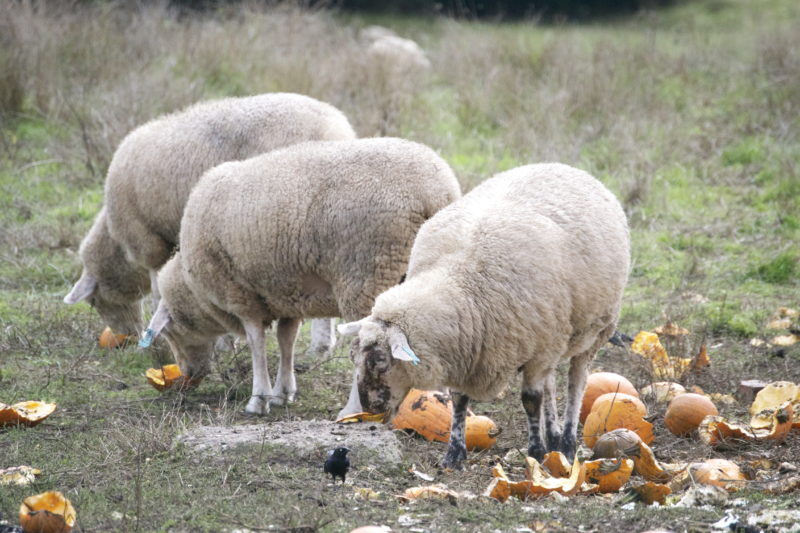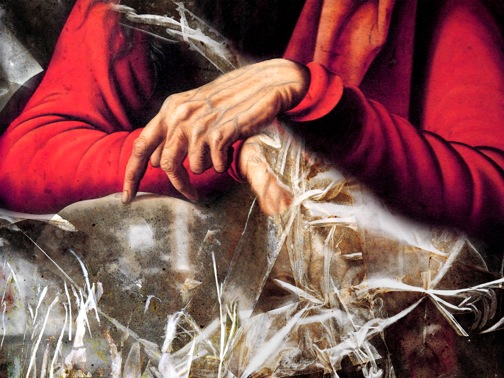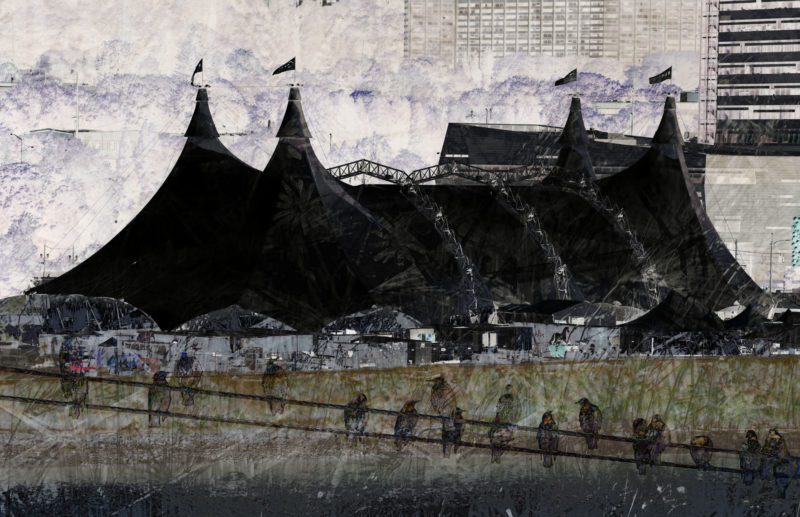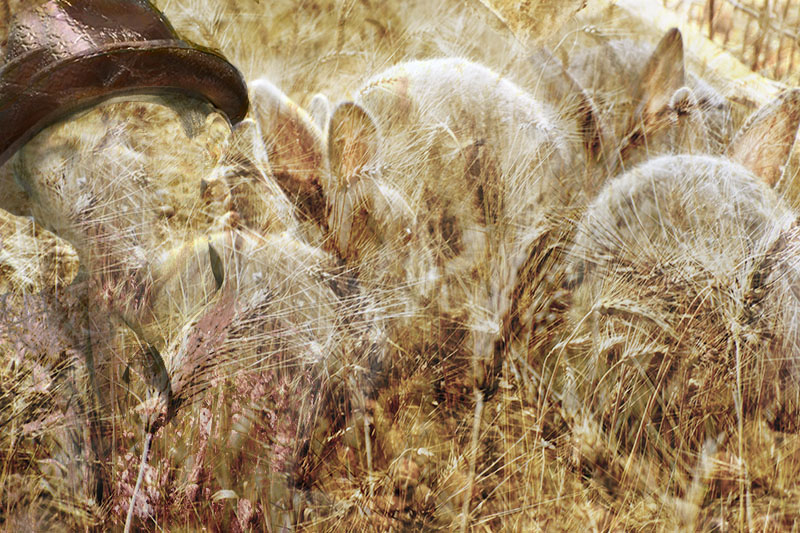And now we wait.

All arguments (or the absence thereof) have been offered, inspected, weighed, and, one fears, often dismissed.
A wonderful painting by Richard Caton Woodville, Politics in an Oyster House (1840), shows how that went on in the 1840s :

From the Walters museum website:
Woodville adopted the subject of newspaper reading seen in works by his Düsseldorf contemporaries Johann Peter Hasenclever and Wilhelm Kleinenbroich, placing it in a distinctly American interior, described by a contemporary critic as “one of those subterranean temples devoted to the immolation of bivalves . . . vulgarly known as oyster cellars.” After their meal, the younger of the two figures, bearded and wearing his top hat indoors, leans across the table, counting arguments off on the fingers of one hand and clasping the newspaper that fuels his opinions in the other. The older man, balding, ruddy-faced, and red-nosed, warmed by the liquor in his half-empty glass, looks out with amusement at the viewer. The booth in which they are seated, with its red privacy curtain pulled aside, creates a shallow proscenium stage for this scene of intergenerational argument. The characters are engaged with the politics of their time, on which Woodville, characteristically, takes no stand.
Woodville exhibited a copy of this work with the title A New York Communist Advancing an Argument to some acclaim at the Royal Academy in London, where he was then resident, in 1852. A woodblock print of the painting illustrated the review of the exhibition in The Illustrated London News, which called it “a spirited little piece . . . of more than ordinary merit.” The lithograph of the picture, produced by Fanoli, printed by Lemercier, and distributed by Goupil & Co. included a “dedication to John H. B. Latrobe, Esq.” (see fig. 38 and checklist no. 21). It was offered in a full-page advertisement, along with several prints after works by William Sidney Mount, in the December 21, 1850, issue of The Literary World as “a most exquisite representation of American politicians.”
And here is the contemporary ending of that argument:
(from a rehearsal by the Jewish Theatre Collaborative – oh how I miss them!)
Let us hope that the social realistic art of Ben Shahn, depicting a demonstration in 1933, does not presage the next couple of days, months or years… 


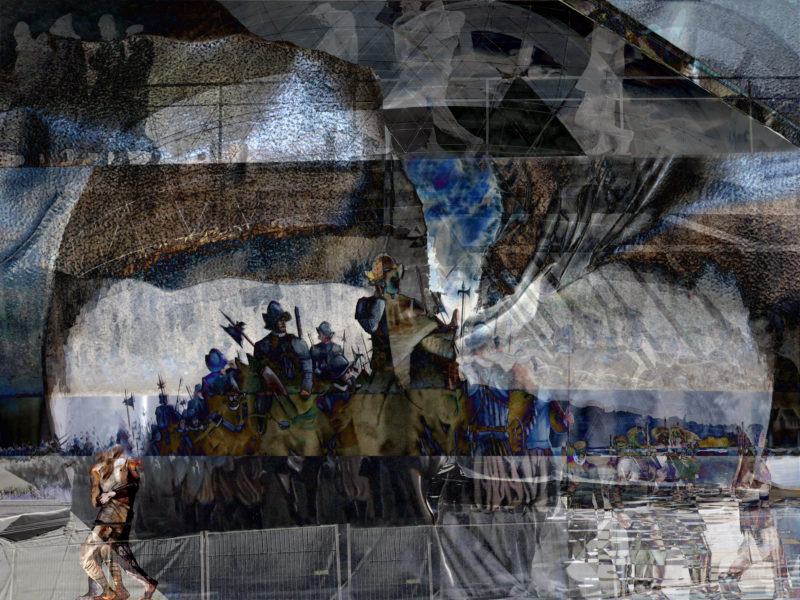





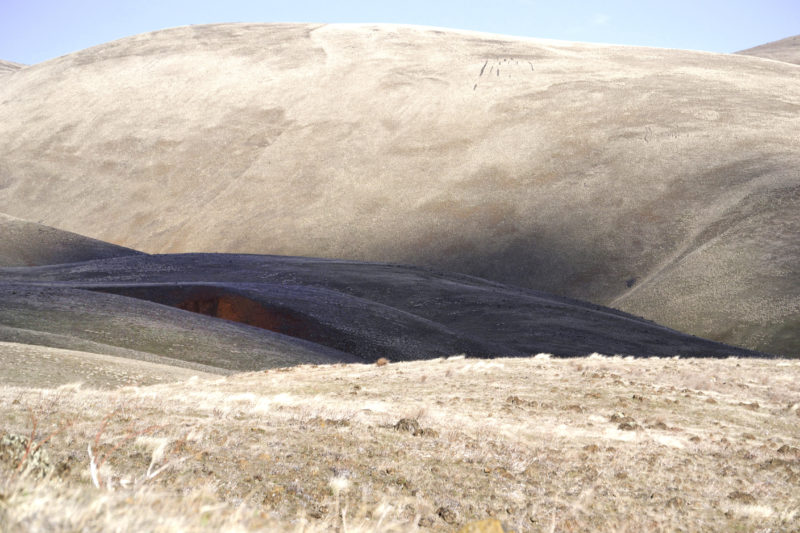

 Remember the old Mark Twain adage “Water, taken in moderation, has never hurt anyone?” That’s no longer funny when considering how many people in the world experience water shortages, or are forced to migrate because there is no longer enough water to sustain human dwellings.
Remember the old Mark Twain adage “Water, taken in moderation, has never hurt anyone?” That’s no longer funny when considering how many people in the world experience water shortages, or are forced to migrate because there is no longer enough water to sustain human dwellings.



